Washington Post Live on 2 March 2021 published a fascinating insight into the making of the film Nasrin [see https://humanrightsdefenders.blog/2020/12/16/new-film-nasrin-about-the-iranian-human-rights-defender/]. Nasrin Sotoudeh is one of the most recognised human rights laureates in the Digest with 7 major awards: https://www.trueheroesfilms.org/thedigest/laureates/848465FE-22DF-4CAF-928F-7931B2D7A499
The transcript is verbatim and long, so you would have to follow the link at the bottom of the post to get the full story. Here just some excerpts:
MR. IGNATIUS: So, we have with us Christiane Amanpour, the international anchor for CNN; Jeff Kaufman, who is the producer and writer of this film; and my colleague, Jason Rezaian, who is our Tehran bureau chief.
MR. IGNATIUS: If I could ask Jeff to begin by telling us a little bit about Nasrin, her career as a human rights activist, how you came to make this documentary about her.AD
When we first reached out to Nasrin about doing a documentary about her life and work, there was a trust-building process through friends, and one of the things that she shared with us was a strong interest in having her story really be a story about so many others. We had known Nasrin’s work for years, and one of the things I loved about Nasrin is she is a Muslim woman who often reached out on behalf of other faiths and other backgrounds to support people in need. And I thought that that was such a powerful message for our own country as well. As a matter of fact, I think everything about Nasrin is a powerful message for democracy and mutual respect in this country and around the world.
So, when Nasrin said yes, we could do a film with her, she worked out sort of a complicated process. I couldn’t go to Iran because of past work I had done, and it wouldn’t have made sense to have a big American crew show up in Tehran anyway. So, we worked with these really remarkable, talented, and courageous individuals who followed Nasrin around from both working with at-risk clients, to protests, to art galleries, theaters, bookstores. It was a thrill for us to sort of be there with them, and we are so happy to be able to bring her story to you.
MR. IGNATIUS: Jeff, if I could ask, one of the most powerful things about this film is the footage from inside Iran. Did the people who were shooting this footage for you run personal risks? And I worry that some of them may have, themselves, been subject to arrest or difficulties with the authorities.
MR. KAUFMAN: No one has been subject to arrest or difficulties with authorities because of the film itself, but because they are also activists and believed that their work can push society forward, they have put themselves, on occasion, at risk for that.
We–Marcia and I, so often throughout the production of this film, would say to Nasrin and her husband, Reza, you know, we will stop at any moment if you feel this puts you or anyone else at risk. That was always our largest concern. And we did the whole film in secret, didn’t even fundraise in public, because we wanted to keep as much privacy for them as possible during the process. And even when we were editing, we said to Nasrin and Reza, “Hey, we will stop now if you think this is a concern.” But they felt–you know, Nasrin has this wonderful quote. She says, “Our children must not inherit silence.” And she will say over and over again, as do other human rights advocates, that repressive governments, they use pressure and force and intimidation to make people quiet, and Nasrin refuses to have her voice muffled. So, we are proud that the film can help amplify that voice.
I just want to add that I got a message from Nasrin’s husband this morning. I had asked if there was a message from Nasrin. And he said two things. He said that the cell she is in now, just so you know, is an 8-foot by 13-foot cell that has 12 beds in it, bunkbeds. And it is a low ceiling, there’s no windows, and very little access to clean water. So that is the conditions that she is living in right now.
MR. IGNATIUS: Let me ask Christiane. Christiane, I think you have interviewed Nasrin in the past and you have interviewed many other courageous men and women who have taken these risks to stand up for human rights. What it is that motivates a special person like Nasrin, in your experience?
MS. AMANPOUR: Well, you know, I’m shaking my head because I am just so horrified at what her husband, Reza, has described as her latest terrible conditions inside a political prison, where she is not a political person. And I think this is what also really, for me, has been emblematic of all the human rights defenders who I have interviewed around the world. I haven’t had the pleasure of interviewing Nasrin, but I have had the pleasure of interviewing Shirin Ebadi, who as you remember also was a human rights lawyer in Iran. She also cannot go back to Iran. She was the first Iranian to win the Nobel Prize, and I covered the stories that she, and the cases that got her that Nobel Prize. And I know the risk that comes with it, and I know that they are not strictly speaking party political.AD
And I think this is one thing that came across in Jeff and Marcia’s film, and we talked about it when we did the interview. She is not being political. She is not talking about tearing down the regime or wanting any kind of regime change. She is just talking about basic, fundamental rights for the people of Iran, mostly in her case women and children, but some young men as well, under their own constitution. It is not like she is going out saying and taking cases to court that she is trying to try under Western law or whatever. It is under their own constitution. And this is what makes everybody, and certainly me, so angry that this is what has happened to her, this incredible woman.
I think what makes them take those risks, David, is that they truly believe in human rights. They truly believe in the dignity of each and every individual, and–this is important–they truly believe and want to hold their own governments accountable to the promises that those governments made. As I said, Nasrin defends cases based on the Islamic law in Iran, of the Islamic Republic, based on the promises that that regime made to the people 40 years ago, when the revolution started. And you can see that they have completely reneged on those promises, and that is why people like her are so utterly important.
MR. IGNATIUS: Jason, you were imprisoned in the same prison where Nasrin is being held today. As Christiane said, the reports from her husband, Reza, her conditions are horrifying. You have been there. Maybe you could just describe for our audience a little bit of what that prison is like, what it feels like to be there, the feelings that go through the many, many dozens, hundreds of people who are being held there unjustly.
MR. REZAIAN: Well, thank you for the question, David, and for the opportunity, and thank you to all three of you for taking part in this, and for David and Christiane for supporting me and my family while I was locked up in Evin Prison, which is a big reason why this film has been so important for me to get involved with.
I think that the reality of the political prisoner system in Iran, Christiane makes a very important point. I wasn’t a political prisoner, either. I was just a reporter doing my job. But our arrests and our detentions are very much politicized events.AD
The intention of our jailers is to really break us, to make us hopeless, to disassociate ourselves from society, and in Nasrin’s case, they have failed miserably. I did have the opportunity to interview Nasrin once, in 2013. It was a couple of months after Hassan Rouhani was elected president, and there was the hope that there would be more moderate attitude from the leadership in Tehran.
And ahead of his first trip to the UNGA, they released Nasrin, and my wife and I, who was working for Bloomberg at the time, visited Reza and Nasrin and their children in their home, on that very first day that she was released. And although she was relieved and happy to be back with her family, she made it clear that she was not at all satisfied that she had been released, because so many of her colleagues and friends and other innocent people were being held in prison.
And I think for someone like her, I imagine one of the most frustrating things about her experience would be that she understands the laws that she is trying to uphold much better than the people who are implementing them and using them against her, and I think that for that reason she is an incredible example and hero to so many.AD
And I just think that, you know, I want everybody to understand that Iranian woman are the backbone of that country. There is no doubt about it. They really, really are. Unlike women in many parts of the Islamic world, the Iranian women have been very strong, very mobilized, very much part of society, as you can see. Nasrin and Shirin and the others don’t just emerge out of nowhere. It is a long, long tradition. And I think it is great that Jeff is showing this, and I think it’s great that the world needs to understand it. And if I might just say also, you know, the first female to win a field mathematics medal was an Iranian-American.
So, there is a huge amount of success by Iranian women around the world, and that is why I think it is really important to show what Iranian woman are trying to do for their own girls and women and for their rights in their own country, and what an incredible hard, hard job it is, and how much personal risk they take.
And I also want to pay tribute to the journalists, as Jeff said. At the beginning of the film, he said, “I pay tribute to all the camera people and the crews, who I cannot name.” He explained why. But it is really important to understand that this story is being told despite the massive crackdown, and I think that is fantastic….
MR. IGNATIUS: So, Jeff, I want to ask you about one of the really moving parts of this film, and that is the footage of Nasrin’s husband, Reza, who has stood by her unflinchingly, supporting her, believing in her. He seems like a remarkable person. The fact that you were in touch with him today is especially moving to me. Tell our audience a little bit about Reza, Nasrin’s husband, and why he has been such a supporter of his wife’s cause and commitment.
MR. KAUFMAN: I will. I am so glad you asked. One of the reasons we wanted to do this film, besides profiling Nasrin, was because we wanted to fight back on the demonization of Iran and the demonization of Islam, that is being used too often for political purposes in this country, and no one has a better way to do that than Nasrin and Reza.
I think this film is an example that we can overcome obstacles from great distances, and even technological imitations, but sometimes it’s difficult.
I asked Reza, Nasrin’s husband, if Nasrin had any message to share for this conversation, and I got a note from him this morning. These are Nasrin’s words through Reza. Nasrin said, “What occupies my thoughts the most is those who are on Death Row here in Gharchak Prison. Right now, there are 17 women on Death Row facing imminent execution.” And she closed by saying, “I am hoping for an end to the death penalty across the world.”
So, you know, there’s Nasrin facing enormous pressure and difficulties, but as usual she is not thinking about herself. She is thinking about others and she is trying to push her country forward.
Jason, let me ask you, as someone who was imprisoned unjustly, whose cause was taken up by your newspaper and by many, many thousands of Americans, what difference you think that public pressure from the United States, from world public opinion, made in your ultimately being released?
MR. REZAIAN: So, I think it made a huge amount of difference in my case. And oftentimes when we are talking about foreign nationals being held hostage in Iran, usually they are dual nationals, and, you know, Iran tries to suppress this information of our second nationality as much as possible. For me, it became clear, as my case was being brought up more and more, my treatment by my captors got better and better. And I realized, at some point during the process of going on trial in Iran’s Revolutionary Court, I don’t think I need to tell anybody that’s in the conversation with me but maybe some folks at home listening should know that if you ever find yourself on trial in a court with “revolutionary” in its name, you don’t have a good chance of winning.
But I realized that my real case was in the case of international public opinion, and the more people who kind of pushed for my release, the more involved the U.S. government got, and so much of that started, first and foremost, with my family, very early on with my imprisonment. My mom went on Christiane’s show and talked about my situation. And our colleagues at The Washington Post, who didn’t let a day go by without raising my case.
So now, you know, when I’m contacted by the families of people who are being held in prison in Iran, unfortunately there are five Americans being held at this very moment, and I’m in touch with every one of those families, I tell each one of them, make as much noise as you possibly can, and when your loved one gets out, they will thank you for it. And time and again, when people have been released, that I have written about, they contact me and say, “Thank you for making sure that I wasn’t forgotten about.” And my attitude is, what kind of hypocrite would I be if, after getting all the support that I got, that I didn’t pay it forward by helping people who have had their voices silenced?
MR. IGNATIUS: I hope we made a little noise today on Nasrin’s behalf. We are unfortunately out of time, but I want to close by thanking our guests, Christiane Amanpour from CNN, Jeff Kaufman, in particular, who made this extraordinary film, and my colleague, Jason Rezaian. You can watch “NASRIN,” this powerful, upsetting film, in the USA and Canada now on demand. International audiences can stream the film starting in a week, on March 8….
https://www.washingtonpost.com/washington-post-live/2021/03/01/transcript-nasrin-conversation-with-christiane-amanpour-jeff-kaufman-jason-rezaian/
This post was originally published on Hans Thoolen on Human Rights Defenders and their awards.






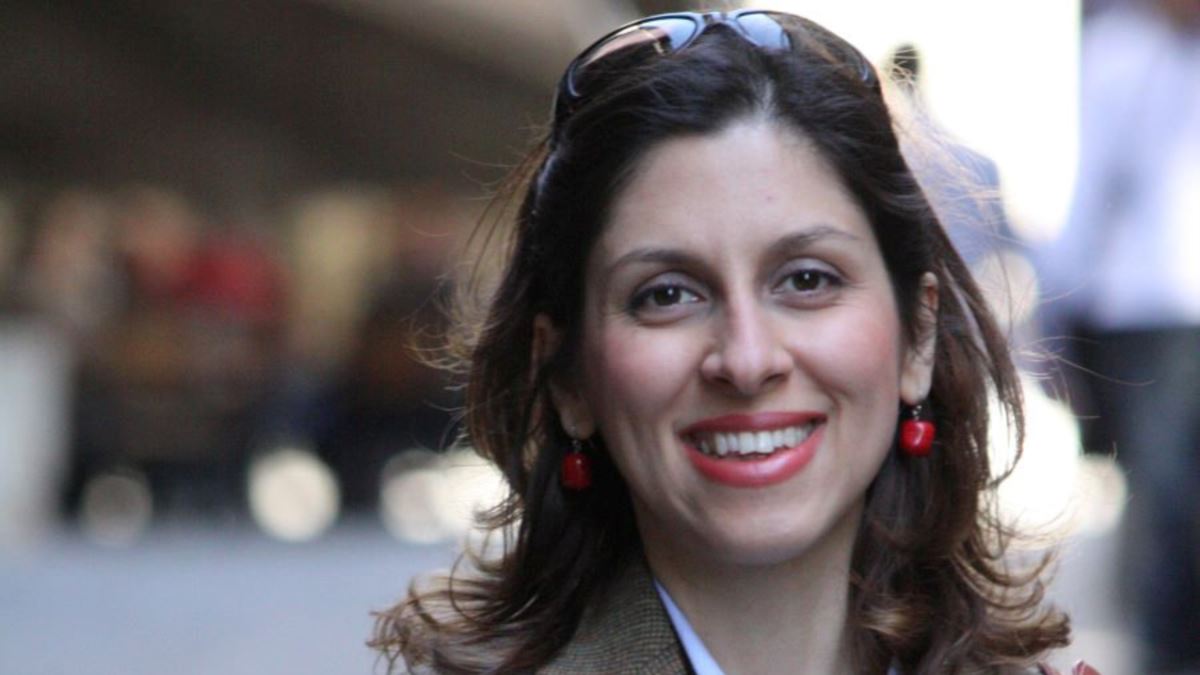

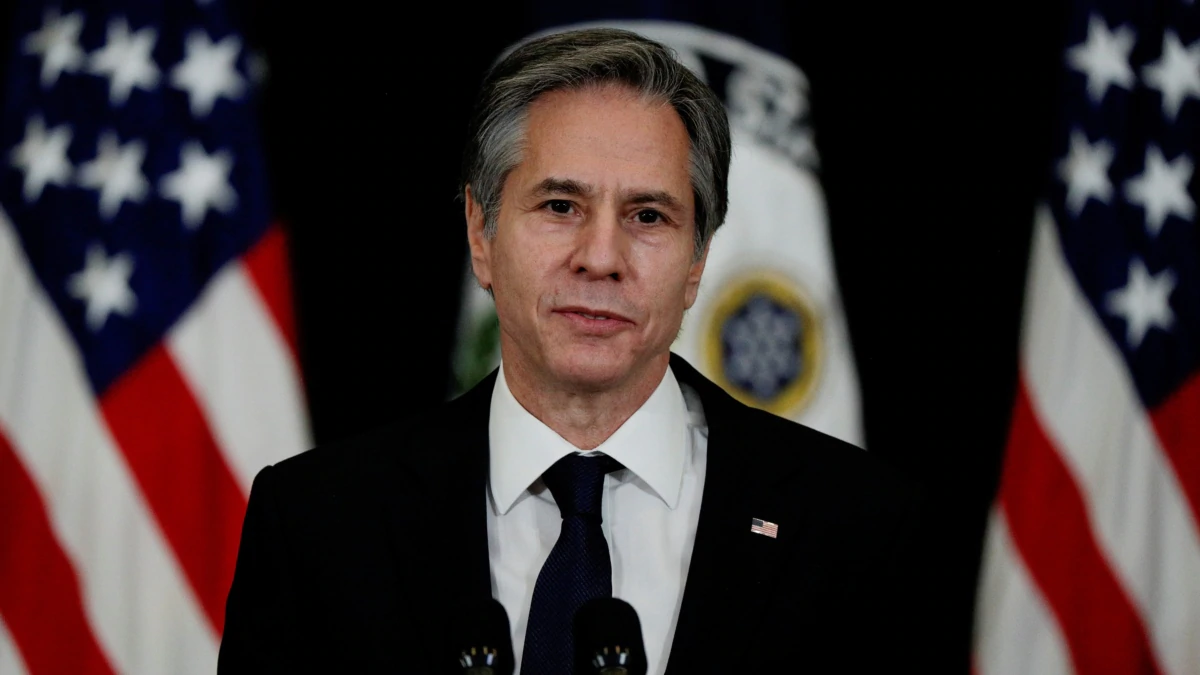
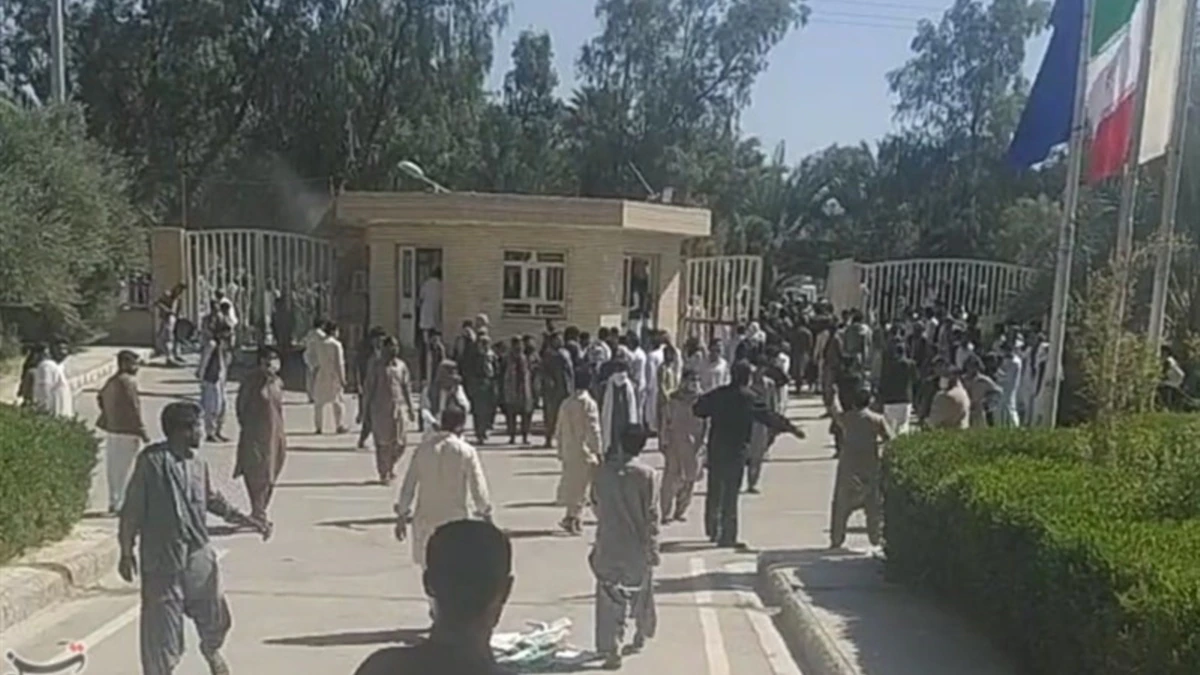

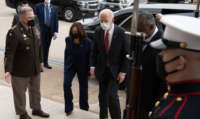
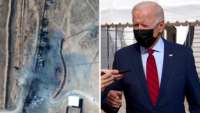

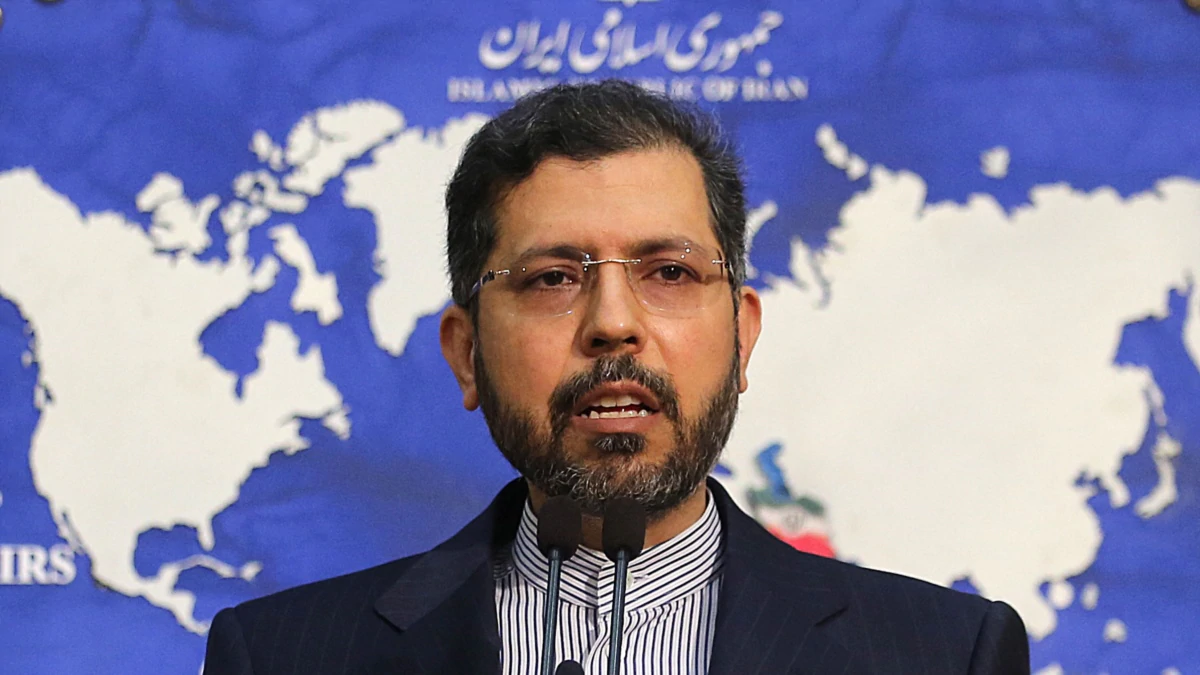
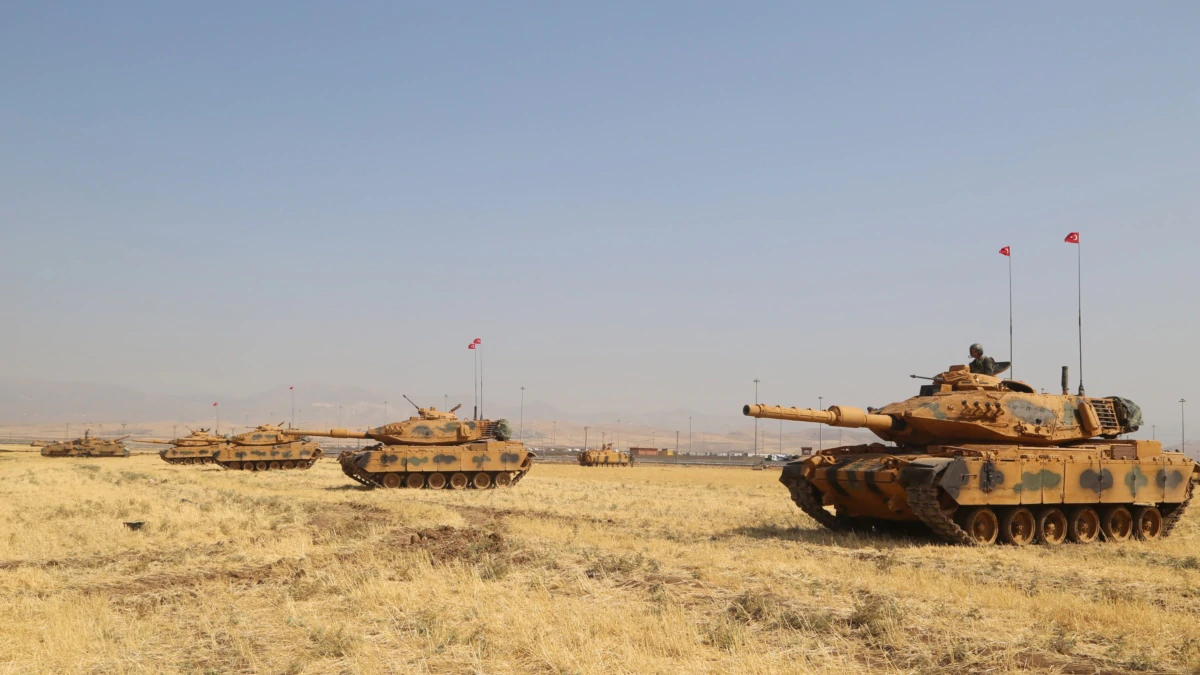


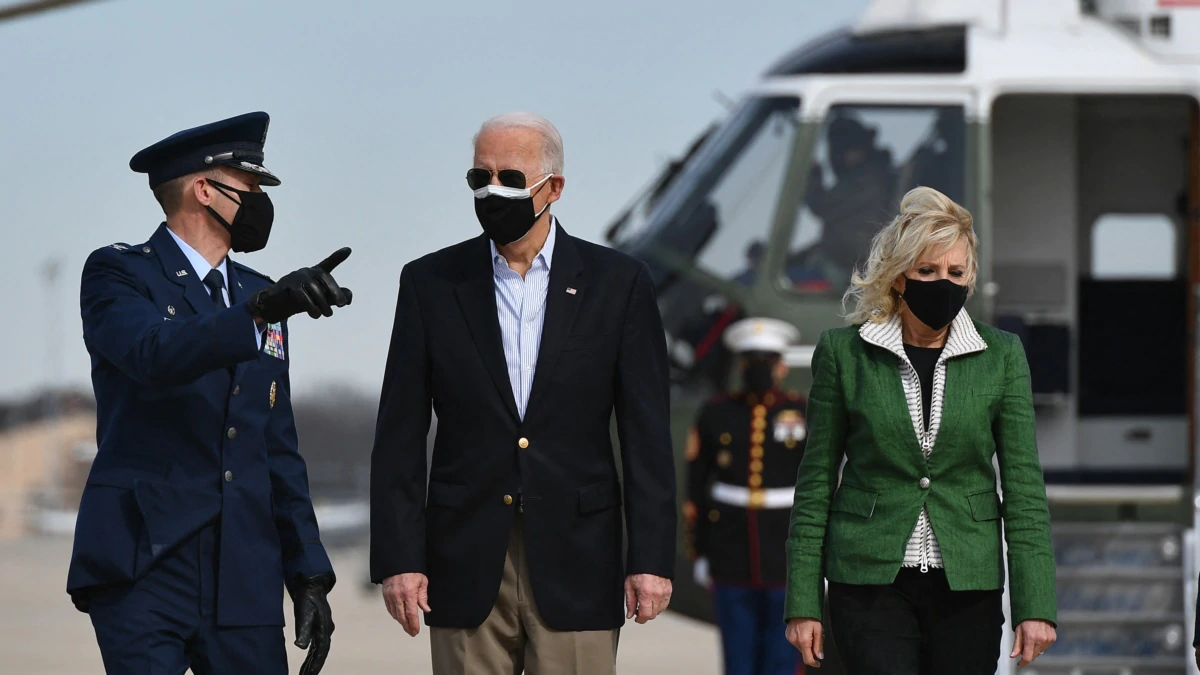
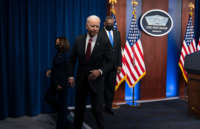
 $2,000 checks
$2,000 checks Bomb Syria
Bomb Syria for Raytheon
for Raytheon 









